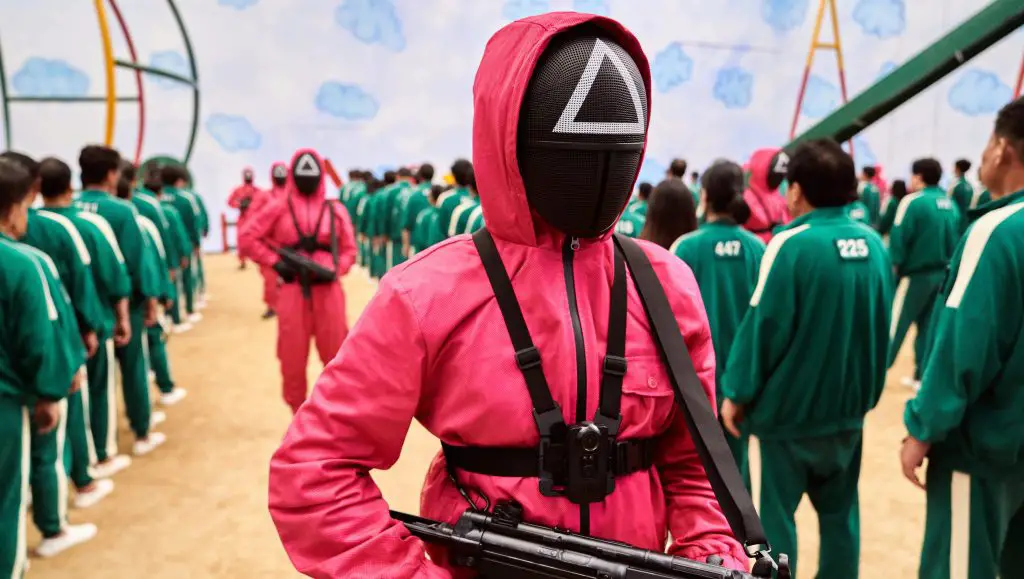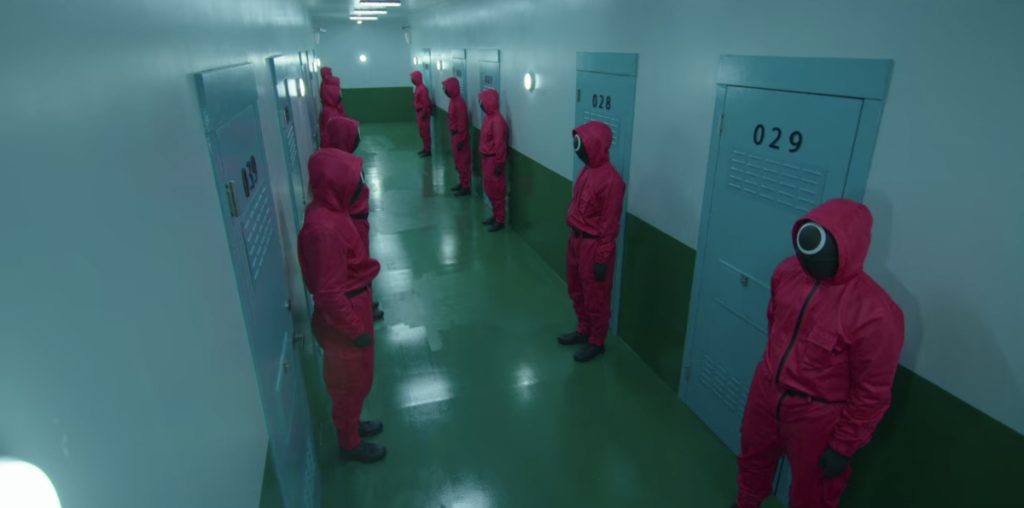In recent months, there’s been a growing chorus of disapproval surrounding Netflix, particularly regarding its dealings with actors. The digital streaming giant, known for revolutionizing the way we consume television and films, is now in the midst of a maelstrom of criticism, stemming from both the WGA and SAG-AFTRA strikes. From paying significantly low wages to American actors, to being at odds with the Korean Broadcasting Actors Union over similar issues, Netflix’s relationship with its talent has been far from smooth sailing.
Economic Disparities Highlighted in the Industry
The public was taken aback last month when it was uncovered that the cast of “Orange Is the New Black”, a popular Netflix original, were being paid so inadequately that some had to maintain their regular jobs to sustain themselves. Delving deeper into the situation, a report from the Los Angeles Times indicates that this isn’t just a U.S. problem; South Korean actors are facing a similar predicament.
Netflix’s involvement in the Korean entertainment scene has been ever-growing. They’ve formed alliances with local production houses, obtaining a plethora of South Korean titles. Moreover, they ventured into producing Korean originals, such as “Kingdom”, “Squid Game”, and “The Glory”. These moves have indeed proven lucrative for Netflix. However, a dark underbelly to this success story is the blatant economic disparity among actors. While international superstars receive payouts parallel to top actors in shows like “Succession”, supporting Korean actors might get just $300 per episode, with no residuals in sight.
Workload Concerns: More Work, Less Pay

To add insult to injury, the commitment demanded from these actors is disproportionately high, compared to their remuneration. They often find themselves on set for extended hours, sometimes more than initially planned, without receiving fair compensation. Although lead actors might weather this imbalance, the strain is considerably more for supporting casts who are already underpaid. Adding to their woes, many actors aren’t provided daily allowances for basic needs like food or transportation, even though Netflix claims such provisions are incorporated into production budgets.
A Call for Fair Compensation
The Korean actors’ demand is simple: Netflix should recognize and address these issues. As Kim Ju-ho, the secretary-general of the rights association, mentions, the conversation about residuals should be initiated by Netflix. The success they’ve found in the South Korean market, especially with mega-hits like “Squid Game”, is evident. Yet, they seem hesitant to address these essential concerns.
Union members and key figures in the industry are now urging Netflix to start contributing more to the ecosystem they profit from so greatly. Yoo Min-suk, the policy director at the actors’ union, expressed the need for Netflix to recognize their responsibilities and obligations towards the industry.
The AI Revolution: Boon or Bane?

Another dimension to this unfolding drama is Netflix’s experimentation with Artificial Intelligence (AI) in television production. While Disney in the U.S. has begun using generative AI, Netflix’s foray into the realm focuses on the actors. In series like “Black Knight”, some of the primary cast members have been digitized and inserted into scenes. This might not immediately threaten actors’ livelihoods, but it signals a potential future where human involvement becomes minimal.
Voice actors find themselves on even shakier ground, lacking safeguards against voice replication. There’s growing concern over Netflix’s sometimes convoluted contract terms and processes, which, at times, appear designed to disadvantage the actors.
A Global Struggle for Fairness
The battles that South Korean actors face resonate with those of their American counterparts. A common thread runs through these struggles – the quest for fair compensation and better working conditions. It emphasizes the need for global collaboration in the entertainment sector to tackle giants like Netflix.
Song Chang-gon, the president of the KBAU, is a staunch advocate for this international unity. He emphasizes the importance of global solidarity among actors and believes there’s significant common ground between organizations like SAG-AFTRA and KBAU.
Conclusion
Netflix’s meteoric rise as an entertainment behemoth isn’t without its challenges. Addressing its relationships with actors worldwide, acknowledging their contributions, and ensuring fair compensation and conditions are vital steps in maintaining its reputation and success. As the digital age progresses, the balance between technology and humanity becomes even more crucial. Only time will tell if Netflix will heed these calls and adapt for the betterment of all its stakeholders.


